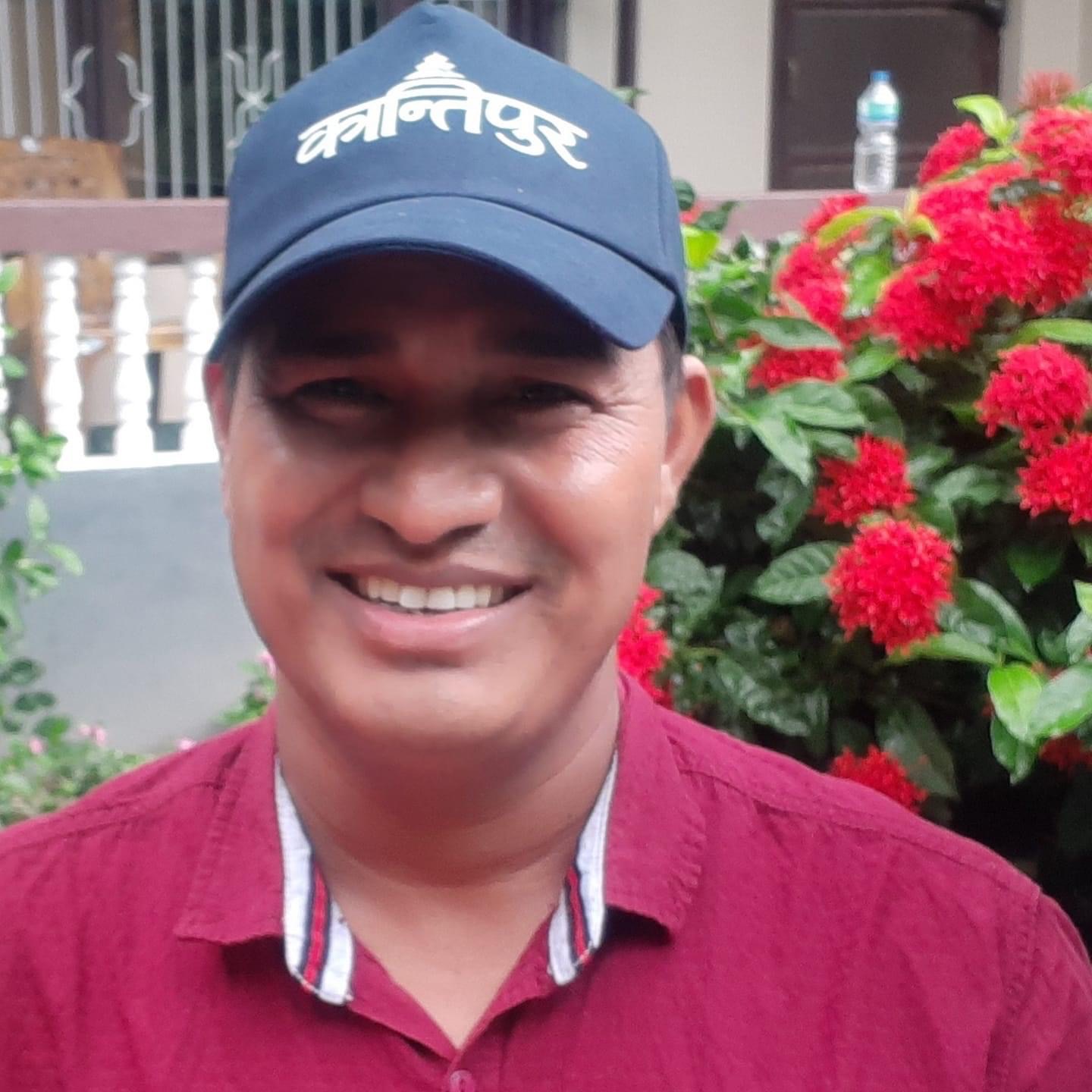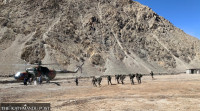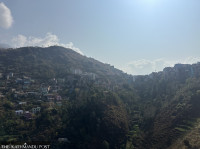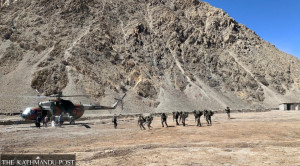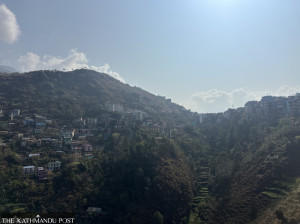Karnali Province
Badi people end protest after 16 days
Provincial government of Karnali has pledged to address the demands concerning their rehabilitation and reintegration.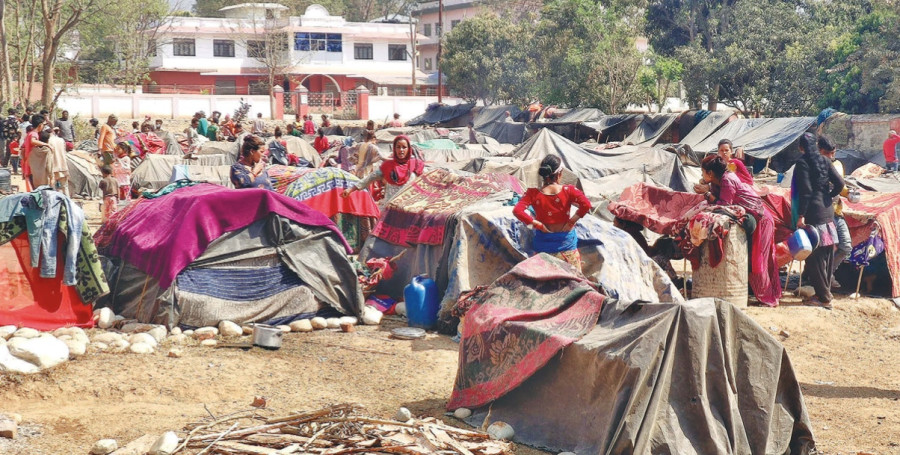
Kalendra Sejuwal
The Badi people residing in four districts of Karnali Province have ended their protest after the provincial government pledged to address their demands concerning their rehabilitation and reintegration.
More than 400 people from the marginalised Badi community from Surkhet, Dailekh, Kalikot and Jajarkot districts had been camping sit-in outside the Chief Minister’s Office in Birendranagar, the provincial capital, for the past 16 days demanding that the government allot land plots and introduce welfare schemes for them.
They ended their protest on Wednesday following a five-point agreement with the provincial government.
Dal Rawal, social development minister for Karnali Province, said the provincial government has agreed, among other things, to coordinate with the federal government to allot land plots for building homes to the Badi people and provide grants up to Rs 1 million for skills development and income-generating businesses.
The agreement was signed by Dr Rajendra Mishra, secretary at the Ministry of Land Management, and Hikmat Badi, coordinator of the Badi Struggle Committee.
On February 24, the Badi people had submitted a memorandum of their demands to the provincial government and federal government through the Chief District Office of Surkhet.
“The provincial government has exercised its authority and made the agreement with the Badi community. So the agreement has already come into effect,” said Minister Rawal.
Hikmat Badi, coordinator of the Badi Struggle Committee, said many people who had come to Birendranagar for the protest were ready to return home but they did not have the money for their journey.
“Some of the people had walked for two days to join the protest. We don’t know how to arrange for their travel,” Hikmat said. “We contacted the concerned lawmakers from our districts to ask for help at the suggestion of the provincial government, but not a single lawmaker responded.”
The Badi community is one of the most deprived and marginalised groups in Nepal. According to the National Census conducted in 2011, there are 38,603 Badis living across the country—less than one percent of Nepal’s total population.
As per a book published last year named Identity and Status of Badi Community, around 43 percent of Badi people do not possess land of their own while many of the remaining 57 percent live on public land. The book also says around 75 percent of Badi people can barely manage food for themselves.
In 2005, the Supreme Court had ordered the government to provide birth registration and citizenship certificates to Badi children.
Two years later, delay in the implementation of the court order had led to a series of protests in Kathmandu. More than 500 members of the Badi community from 23 districts staged a demonstration in front of Singha Durbar in Kathmandu.
The protests subsequently paved the way for the rehabilitation and social integration of the Badi people. Bowing down to the pressure from the protesters, the government had signed a 26-point agreement with the agitating community.
On January 7, 2009, the government decided to rehabilitate the Badi community by giving them land and providing them with income-generating skills.
The decision has not been wholly implemented. The Badi people continue to live in the margins of society, in penury, ignored by the state.




 17.9°C Kathmandu
17.9°C Kathmandu